At Iowa’s most award-winning program, learn cutting-edge content creation and visual storytelling skills. Create short films, social media, documentaries, sports content, commercials, motion graphics, music videos, and more.
Choose from three specialized concentrations: content creation, sports media, or popular culture.
Master the knowledge and techniques to jump right into your career producing creative content that makes an impact. Emphasizing hands-on learning from day one, you’ll learn to tell powerful visual stories with an opportunity to travel the globe with recent productions in Italy, Germany, Ireland, Greece, France, Haiti, China, and more.
Why Loras College Creative Media?
Creative media students are always producing new content through short films, documentaries, live athletic events, social media, and so much more. You won’t find a small college with our breadth of content creation and that’s why our program is named “Best in Iowa” year-after-year. If you have a passion to create, Loras is the place for you! Annually, we travel to conferences, competitions, and film festivals to showcase our students’ work.
Explore Internships & Careers
Internship opportunities offer real-world experiences. You can complete internships for academic credit or non-credit. Many students choose to complete both.
- International, regional, and local production companies and stations
- Advertising agencies
- NFL, MLB, NBA, NHL teams
- CBS Sports, New York
- Field of Dreams, Dyersville, IA
- Julien International Film Festival
You will be prepared for a variety of exciting careers.
- Content Creator
- Film Director/Editor
- Visual Brand Producer
- News/Sports Journalist/Announcer
- Director of Photography
- Creative Advertising Specialist
- Documentary Producer
- Commercial/Corporate Marketing Producer
- Digital Designer
Course Highlights
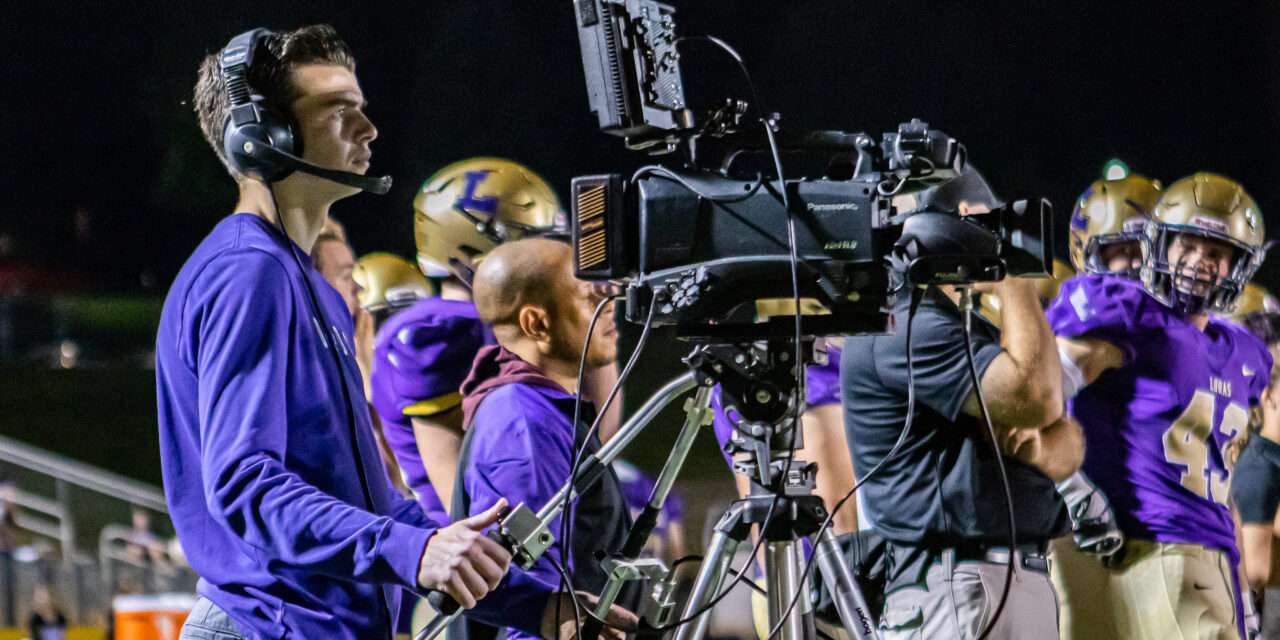
Showcasing Inspiring Stories
Loras Creative Media students are out in the community, even going around the world, to find and tell inspiring stories in an ethical fashion as we entertain, educate, and influence audiences with our content. Preview a diverse sampling of student media pieces ranging from documentary and experimental video to animation and short films.
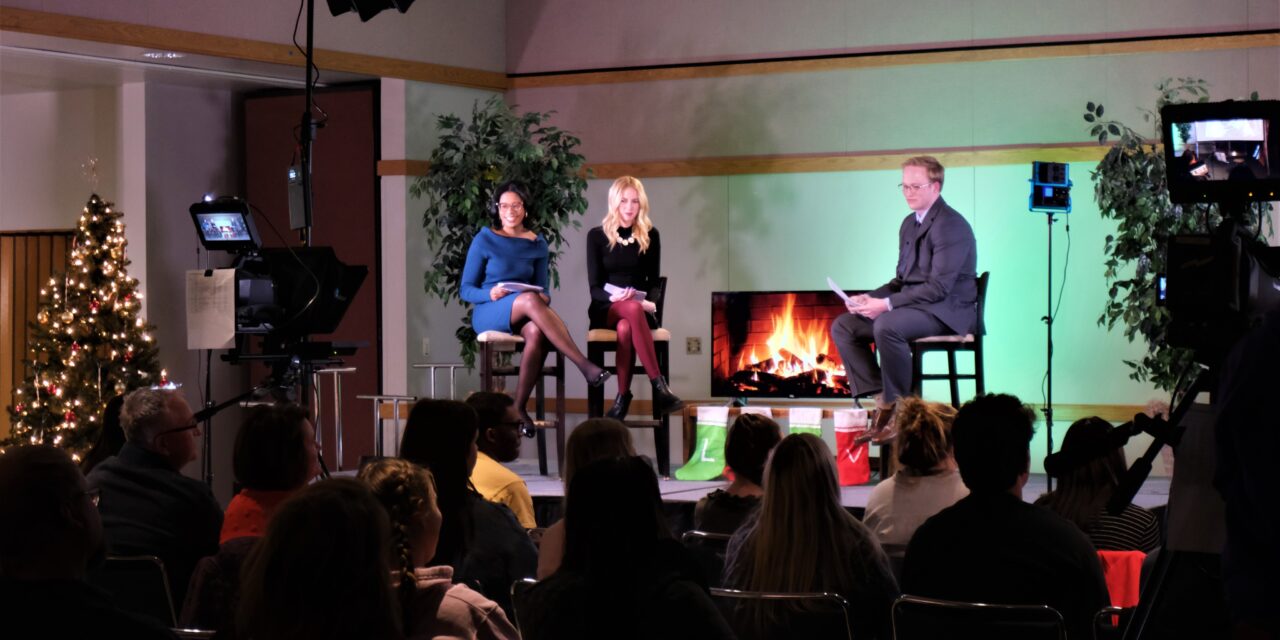
Clubs & Orgs
We have a variety of opportunities for you to get involved from the moment you set foot on campus.
Art Club
DuMedia
The Lorian
Loras Players/Guild of St. Genesius
Band / Jazz Band
Duhawkapella
Duprov / improv
Drumline
Concert Choir / Chamber Singers
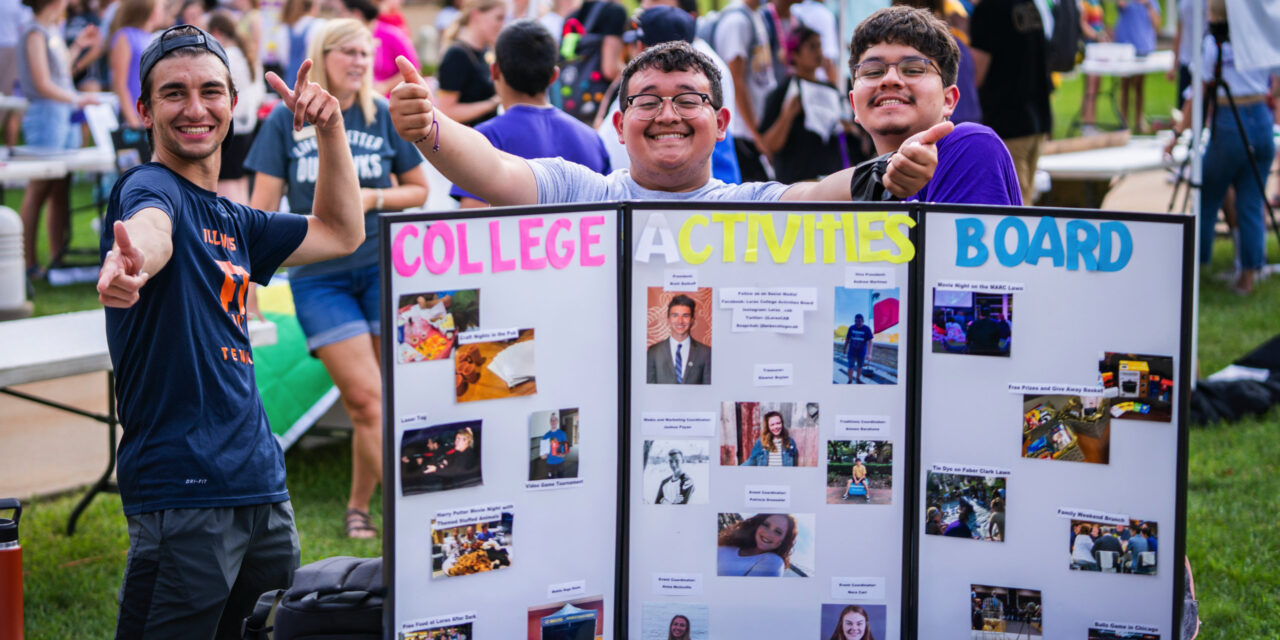
Straight Talk from a Duhawk
The Creative Media program has an amazing community that feels like family. It offers tremendous support and creates an environment where everyone pushes each other to excel in their skills.
— Payton (’17)
Meet Your Professors
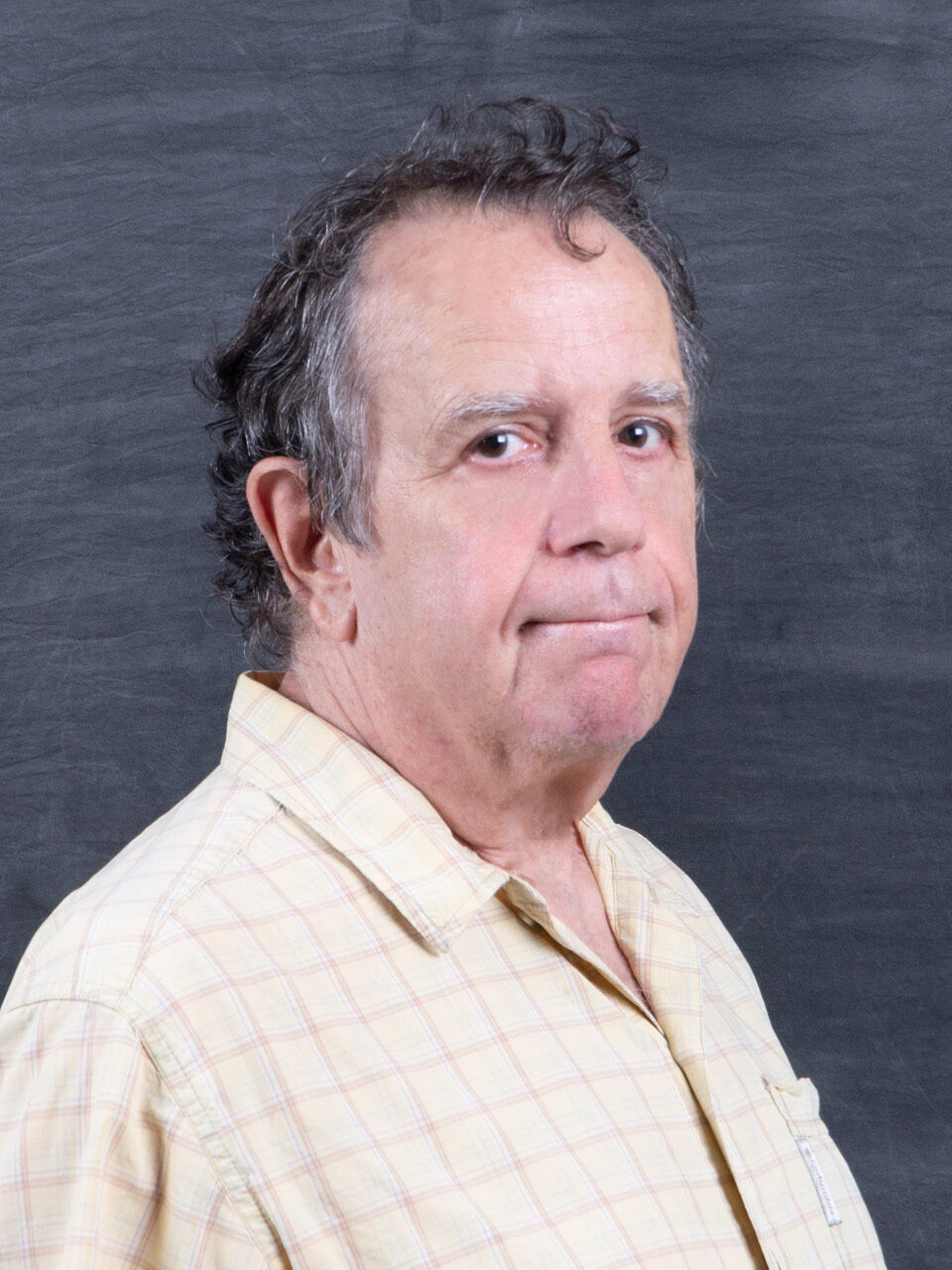
Paul Kohl PhD
Professor of Creative Media

Mark Mederson PhD
Assistant Professor of Creative Media

Seth Myers MFA
Associate Professor of Creative Media

Craig Schaefer MA (’89)
Professor of Creative Media
Director of TV Studio

Jill Specht
Coordinator of Media Operations
Creative Media News
-
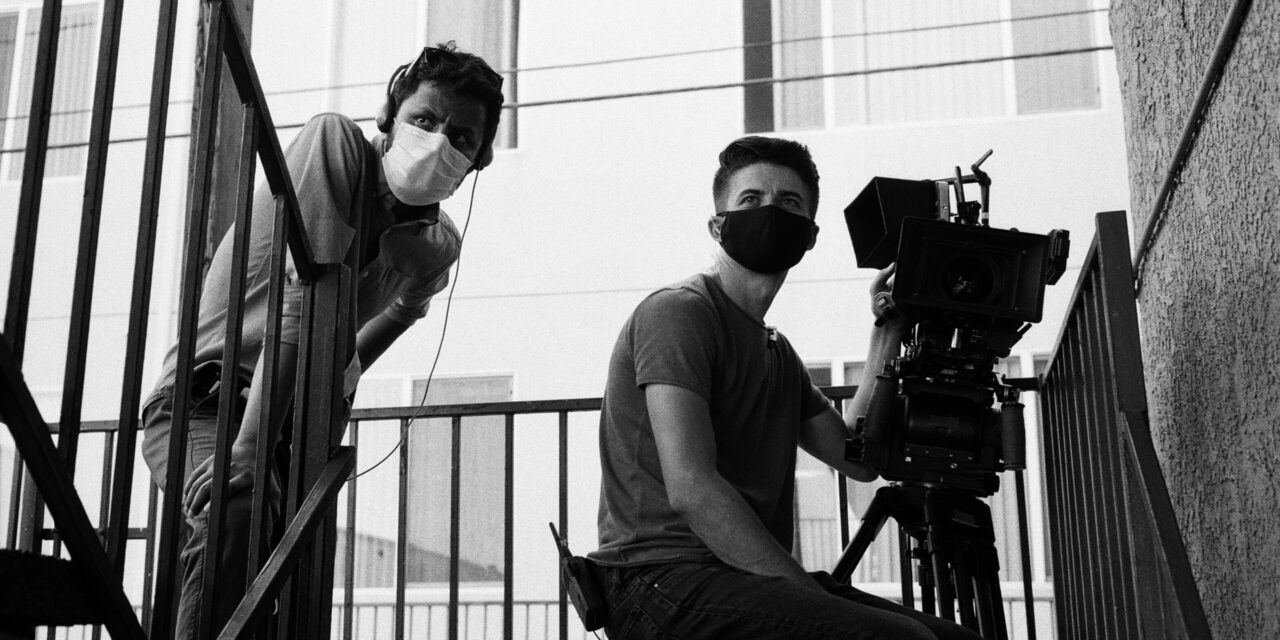
Lights, Camera, Action: Loras Alum Making His Mark in Hollywood
From the quiet streets of Dubuque to the bright lights of Hollywood, Rajendra “Raj” Thakurathi (’12) has traveled an inspiring journey fueled by his passion for… More
-
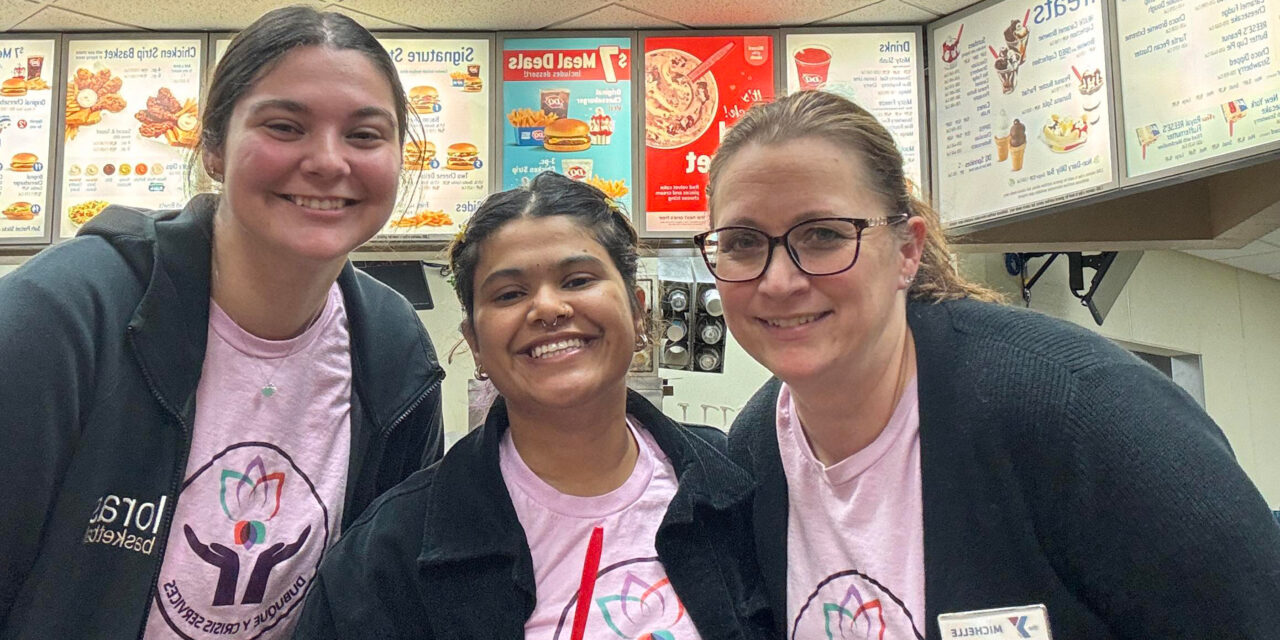
From Internship to Influence
Loras College student Sadikshya (Sadie) Bhattarai (’25) is cultivating real-world skills this semester as an intern at the Dubuque YMCA. A creative media and public relations major and religious studies minor, Sadie is thrilled that her role as the social media manager and crisis service advocate aligns with her passion for empowering women and creating positive change. More
-
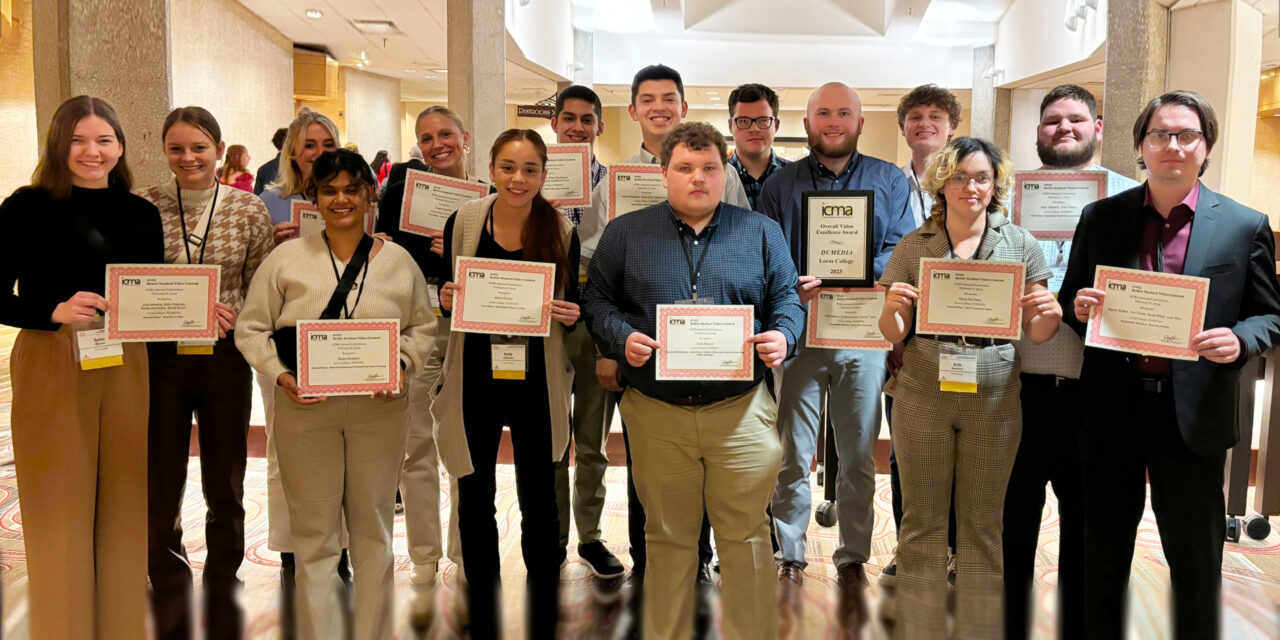
15 Consecutive Years as Top Outstanding Video Excellence Award
Thursday evening, Loras students attended the awards ceremony at the Downtown Marriot Hotel, where they garnered a total of 15 awards. Most impressively… More

